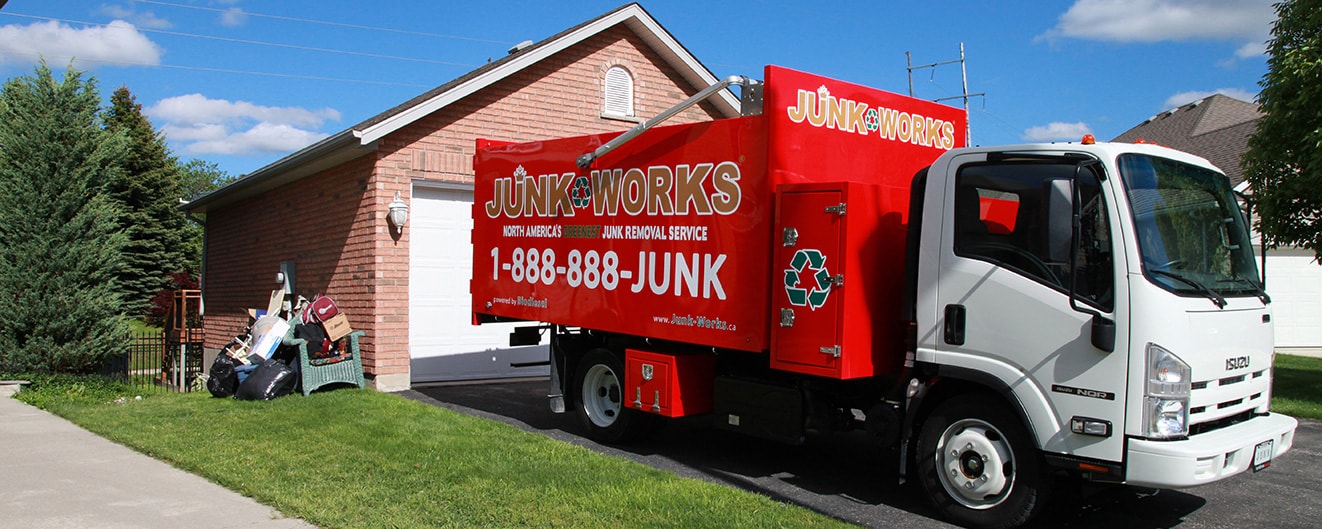As a construction worker or contractor, you must know first-hand how many materials go to waste when working on a project. Not only is excess waste being sent to a landfill unsustainable, but it could end up being more costly and laborious for you, too.
Every contractor needs an efficient plan to help combat excess waste during construction and renovation projects. It’s part of what makes the business run smoothly and what helps workers stay on schedule.
In this article, we will discuss some of the best ways to minimize waste on your construction projects. These tips help save you money and energy and also go a long way in helping to keep the environment around you clean, safe, and ready to enjoy for years and generations to come.
1. Plan accordingly and prepare
When dealing with construction waste removal, you want to make sure that you have a waste management plan before starting a project. This plan should entail how much materials you need (so there is less waste at the end), how you are disposing of waste (bins, compost, and recycling), how you will train your workers on waste disposal, and more.
You should identify from the start which types of materials are recyclable and which are not. Speak to your waste disposal vendors before starting the project, and learn about their services and what (if anything) they may require from you.
2. Choose deconstruction before demolishing
One great way to save money on materials and resources is to deconstruct your site before demolishing it. This can help you salvage usable materials and identify what has to be discarded and cannot be recycled.
Deconstruction is better for the environment, as it sends out less debris and dust into the air and allows for an opportunity to save items and materials. For example, tiles, wood pieces, and plumbing fixtures may be sold or donated to be reused again at a later date.
3. Use less packaging
Reduced plastic and cardboard packaging is certainly more environmentally friendly. As the contractor for the project, you can ask suppliers to reduce their packaging and avoid non-essential materials. This is usually a viable option, especially when purchasing materials in bulk.
At the end of the day, the packaging is discarded in any case. Thus, by using less packaging, you save time and can keep your worksite clutter-free.
4. Utilize scraps and recycle
If you’re trying to run an eco-friendly construction site, you will want to think twice before discarding or throwing away items. While it may be more time-consuming, try to do what you can to use scrap pieces or recycle materials.
If something cannot be used, have a recycling bin handy. Remember that materials like metals, cardboard, drywall, glass, and more can all be recycled.
5. Donate when possible
Be a good Samaritan and donate materials you don’t need or can’t use. This is especially true if the materials in question are non-recyclable. Instead of sending good materials to a landfill, think about other contractors or homeowners who can use these materials.
In addition, consider organizations that accept these kinds of donations. After all, one person’s trash can be another person’s treasure.
6. Stay diligently organized
Remember to check in with your crew from time to time to make sure things are going as planned. You need to continuously manage waste disposal, which means staying on top of it daily.
The last thing you want is to finish a project only to realize that the recycling bin was never used or those good reusable materials were thrown away. Check in with your workers, brief them regularly on good waste management, and keep an eye on what is coming in and going out of your job site.
7. Choose the right vendors
When you prioritize sustainability, you want to make sure that you are choosing vendors who align with your values. Do your research on junk removal companies, and make sure they are employing eco-friendly methods of disposal.
Don’t be afraid to ask questions, and shop around before choosing the vendor that gives the best services for your needs.
8. Rent a roll-off dumpster
Of course, you won’t be able to reuse or recycle every single material at a construction site. At some point, you will need to dispose of items and send what you can’t recycle to a landfill.
While this is unfortunate, you still want to ensure you are being efficient and saving yourself and your crew any unnecessary headaches. Opt for a roll-off dumpster, which is the most practical and convenient dumpster option for contractors working onsite.
Contact the Waste Removal Experts
Ultimately, you want to make sure that you have a proper waste management and removal plan for your construction jobs. Be sure to make a detailed plan beforehand and check in throughout the project to stay on track. Never leave waste removal to the last minute. It deserves to be a top priority in your plans.
For more information on construction waste removal and how to minimize waste accrual on construction sites, please call Junk Works at 1-888-888-JUNK or contact us here. We can expertly handle all types of waste, including furniture, appliances, yard waste, and construction debris. Contact us today to learn more about how our services can help with your next project.
 Text Us
Text Us






